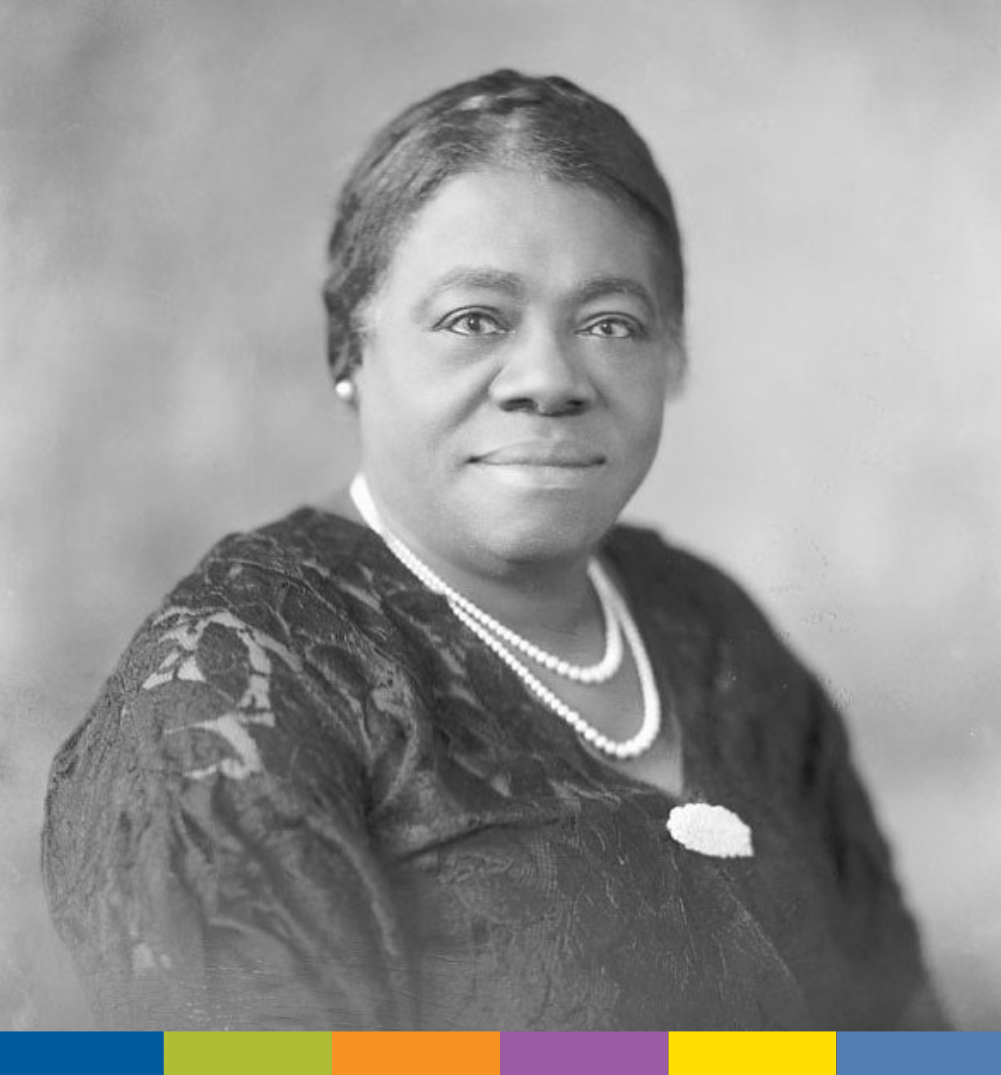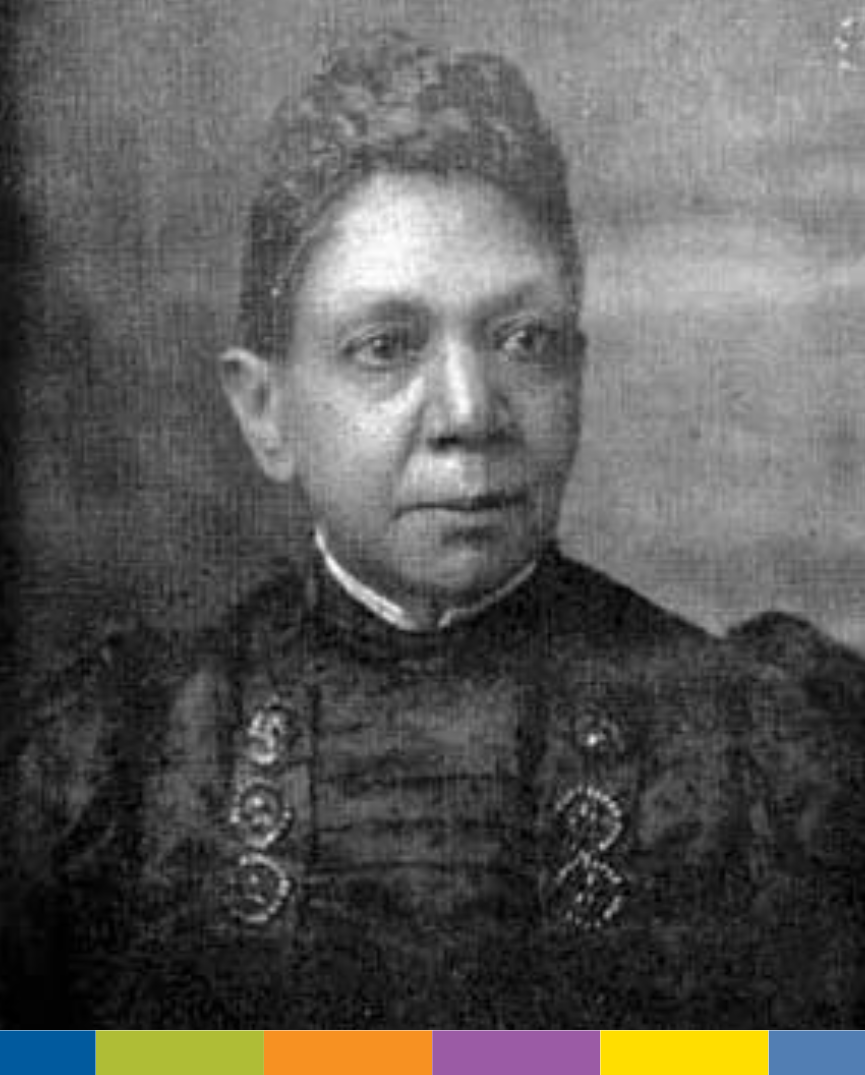Black Voices in Education - Black History Month
Posted on
This #BlackHistoryMonth, we're excited to continue our Black Voices In Education series, celebrating Black educators who made history through their work to advance educational and racial equity in the U.S. Today, we highlight Mary McLeod Bethune and Fannie Jackson Coppin.
 Mary McLeod Bethune was one of the most important educators, civil and women's rights leaders, and government officials of the 20th century. Mary was born in 1875 in South Carolina to former slaves, and at the age of ten, became the first child in her family to attend school.
Mary McLeod Bethune was one of the most important educators, civil and women's rights leaders, and government officials of the 20th century. Mary was born in 1875 in South Carolina to former slaves, and at the age of ten, became the first child in her family to attend school.
After studying in North Carolina and Chicago to become a missionary, a lack of openings led Mary to return to the south to teach. In October of 1904, after relocating to Florida, Mary founded the Daytona Literary and Industrial Training School for Negro Girls with five students and $2.00. She served as the school's President, and remained in that position until 1942 as the school grew into a college and eventually Bethune-Cookman University.
While she worked to build her school, Mary was an active champion of civil and women's rights. As President of the State Federation of Colored Women's Clubs, she organized the group to fight against school segregation and inadequate healthcare for Black children. Mary also later served as President of the prestigious National Association of Colored Women's Clubs, and founded the National Council of Negro Women. In 1936, President Franklin Roosevelt appointed Mary as a special advisor on minority affairs. In 1937, Mary organized a conference on the Problems of the Negro and Negro Youth, and fought to end discrimination and lynching. In 1940, she became Vice President of the National Association for the Advancement of Colored Persons (NAACP), and helped represent the group at the 1945 conference on the founding of the United Nations.
 Fannie Jackson Coppin was the first Black woman to hold the title of school principal in the United States. Fannie was born into enslavement in Washington, D.C. in 1837, and gained freedom when her aunt was able to purchase her at age 12.
Fannie Jackson Coppin was the first Black woman to hold the title of school principal in the United States. Fannie was born into enslavement in Washington, D.C. in 1837, and gained freedom when her aunt was able to purchase her at age 12.
Fannie attended Oberlin College, the first college to accept both black and female students, and there established a night school to educate freed slaves. “It was in me,” she wrote years later, “to get an education and to teach my people. This idea was deep in my soul.”
Once she graduated in 1865, Fannie became a high school teacher at the Institute for Colored Youth (ICY) in Philadelphia (now Cheyney University of Pennsylvania), teaching Greek, Latin, and mathematics. By 1869, Fannie had been appointed principal of the ICY. During her 37-year tenure, Fannie expanded the school's curriculum to include an Industrial Department, and created avenues for young women to excel. In addition to her work at ICY, Fannie founded homes for working women, and in her later years, became a missionary to counsel African woman in Cape Town, South Africa. Today, Coppin State University bears Fannie's name and continues her legacy.
Follow along this month for more highlights of Black Voices in Education.
